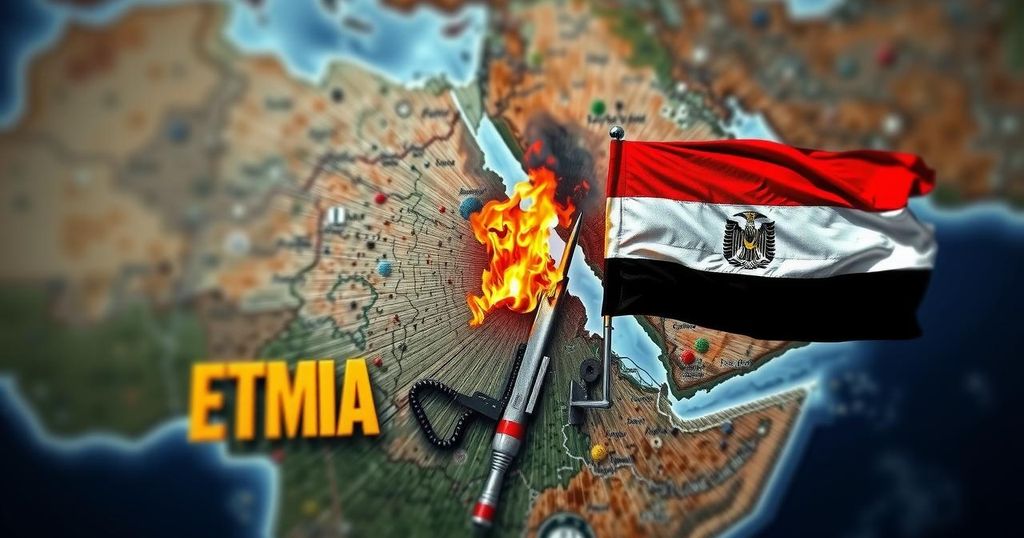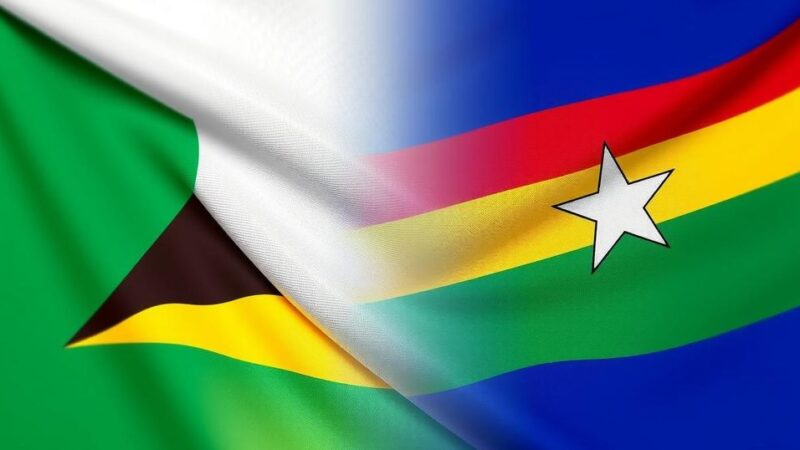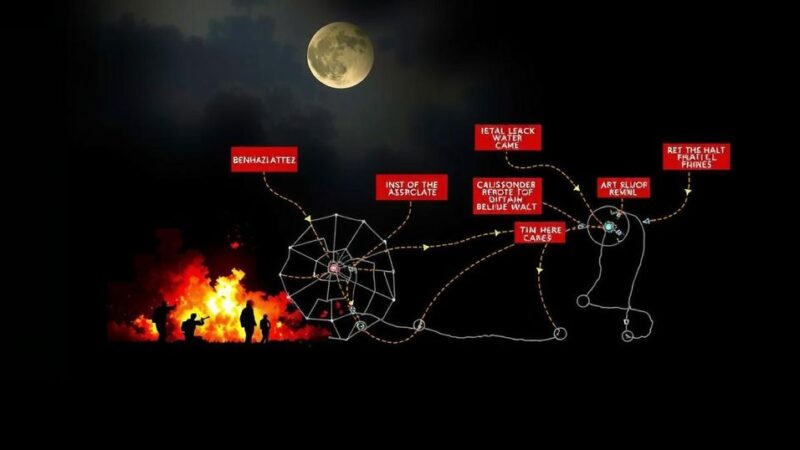The ongoing hostilities between Egypt and Ethiopia have escalated with Ethiopia’s agreement to a port deal with Somaliland, leading to Somali outrage. Egypt’s enhanced military presence in Somalia, following its defense pact with Mogadishu, highlights its rivalry with Ethiopia, especially concerning the Grand Ethiopian Renaissance Dam. These developments risk increased instability in the Horn of Africa, with potential proxy conflicts emerging due to complicated territorial claims and historical tensions.
The evolving dynamics between Egypt and Ethiopia have entered a critical phase, with significant ramifications for the Horn of Africa. Recently, Ethiopia announced a substantial port deal with Somaliland, asserting its recognition of the self-declared republic in exchange for access to a naval base. This development has incited a diplomatic backlash from Somalia, which claims Somaliland as part of its own territory and perceives the agreement as a breach of its sovereignty. In response to these tensions, Somalia has sought closer ties with Egypt, aiming to counterbalance Ethiopia’s growing influence. Egypt, for its part, has been increasingly drawn to Somalia as a military partner along Ethiopia’s border, especially in light of historical rivalries and recent threats over the Grand Ethiopian Renaissance Dam (GERD), which Egypt views as an existential risk. As part of a defense agreement with Mogadishu, Egypt has deployed troops in Somalia and is preparing to send additional forces for an African Union stabilisation mission, signalling a robust engagement in the region. Ethiopia’s formal recognition of Somaliland and its diplomatic overtures—such as appointing an ambassador—further complicate the geographical and political landscape. These escalating tensions have led to closures of Egyptian cultural institutions in Somaliland and a newfound cooperation between Eritrea, Somalia, and Egypt, creating a unified front against Ethiopia’s policies. This sequence of events has raised compelling questions about regional stability. Ethiopia’s role in stabilising Somalia is now being called into question, especially as there are fears that the vacuum left by Ethiopian forces could empower extremist groups, such as Al-Shabaab, which may leverage the chaos for expansionist aims. The territorial claims that Somalis have over adjoining regions in Ethiopia, Kenya, and Djibouti only amplify the risks of unrest, while Djibouti’s interests are jeopardized by the port deal, which could undermine its economy dependent on Ethiopian trade. As tensions spike, numerous regional crises intertwine, including worsening relations between Ethiopia and Eritrea, border disputes with Sudan, and ongoing internal conflicts within Ethiopia. These circumstances foster an environment ripe for proxy conflicts, particularly as Egypt and Sudan align against Ethiopia concerning the GERD, using military support as a strategic tool. To prevent a complete destabilization of the Horn of Africa, both Egypt and Ethiopia must reconsider their approaches in the region. Ethiopia could pursue access to the sea through Somaliland without formal recognition, while Egypt should seek to manage its apprehensions regarding the GERD through diplomatic channels instead of unilateral military involvement. The African Union and other regional entities should play pivotal roles in facilitating dialogue and resolving disputes, as avoiding escalatory actions is essential for maintaining stability in this geopolitically sensitive area.
The article discusses the deteriorating relations between Ethiopia and Egypt in the context of the Horn of Africa. It highlights Ethiopia’s recent agreement with Somaliland, which has provoked Somalia’s ire due to territorial disputes. The strategic partnership between Egypt and Somalia, aimed at countering Ethiopia’s influence, reflects the historical animosities between Egypt and Ethiopia, particularly surrounding the Grand Ethiopian Renaissance Dam (GERD). The involvement of regional players, such as Eritrea, and the potential risks of proxy conflicts, underscore the complexity of the regional geopolitical landscape.
In summary, the Egypt-Ethiopia hostilities have intensified rivalry in the Horn of Africa, exacerbating existing territorial claims and historical grievances. The recent developments regarding Somaliland and Egypt’s military engagement in Somalia signify a shift that could lead to further instability. Both nations must seek diplomatic resolutions to their conflicts, and broader regional organizations should facilitate measures to prevent further escalation of tensions.
Original Source: www.theafricareport.com






